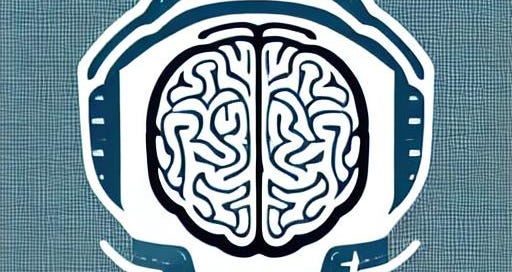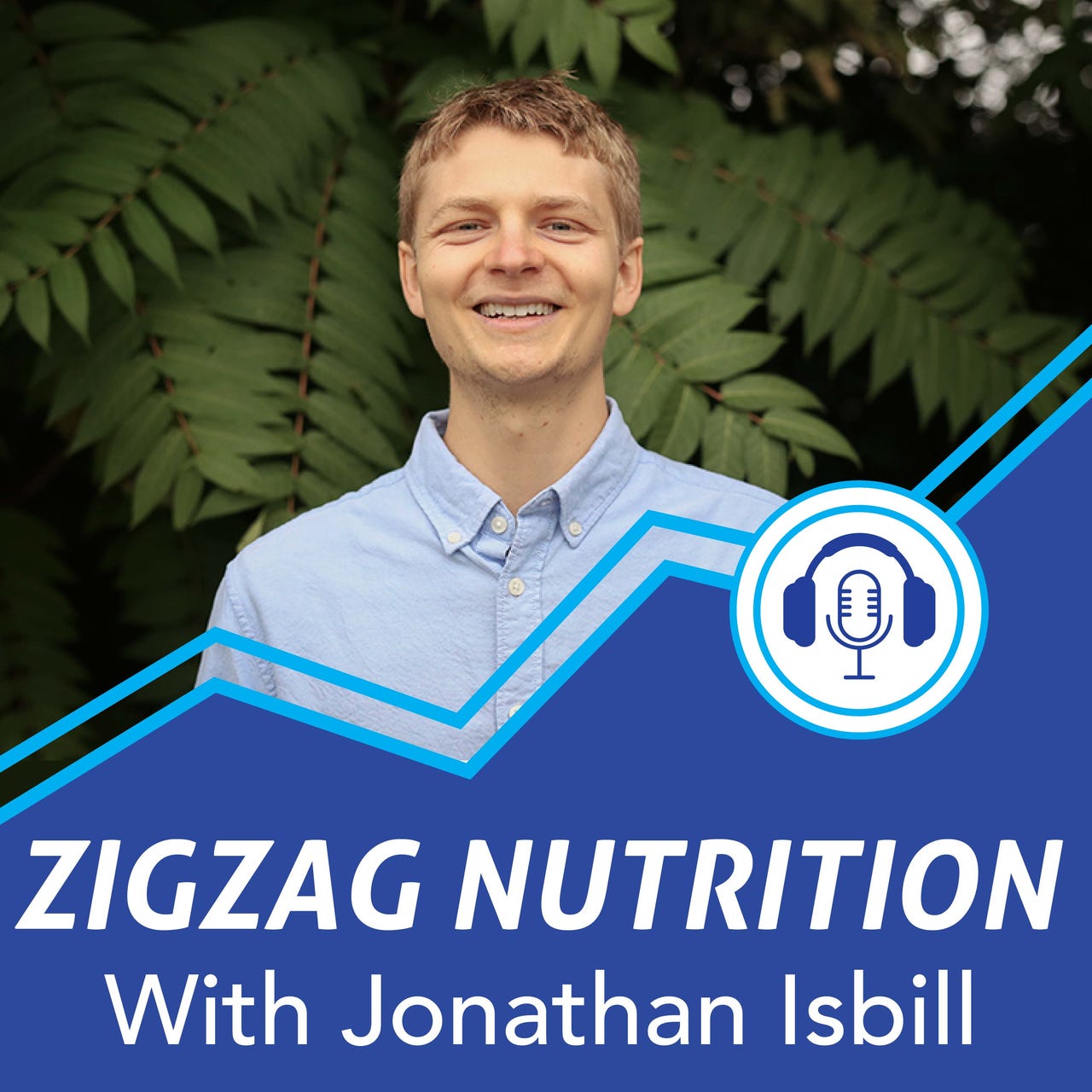New Ideas on ADHD and ODD that You've Never Heard Before
What we miss when we only focus on the label of diagnosis.
According to the Centers for Disease Control and Prevention, ADHD is one of the most common neurodevelopmental disorders of childhood. It is usually first diagnosed in childhood and often lasts into adulthood.
Personally, I have seen ADHD exist along a spectrum of symptoms in children and adults alike, some stable and well managed with medications, and others remedied with a wholistic approach towards supporting the brain and body with intentional nutrition.
Does it help a lot of people? Certainly medication can help a lot of people - and does help a lot of people. But also, alcohol helps a lot of people forget their pain and eases their sleep.
💊 💊 💊
Some people are helped by Prozac, Xanax, or Zoloft to mend their brokenness between body and mind. As I’ve said a million times in the past, just because a given standard line of treatment following a diagnosis recommends a pharmaceutical prescription, this does not mean your brain and body are deficient in some consumeristic pharmaceutical and that’s the reason why you don’t feel at your best.
I could comment this way about any of the front-line mental health medications or take this into a parallel field closer to home with metabolic disease.
When someone walks into our office with a total cholesterol of 300 (or 250 for that matter), and the standard medical procedure recommends a statin medication to help manage hypercholesteremia, this does not mean that this medication is magically going to provide this individual with some perfect formula for better health by artificially lowering their total cholesterol.
There are often severe side effects to standard medications and most often systematically overlooked until a child has lost the healthy foundations of approach we talk about here. This has been the case with countless medications and the history to pharmaceutical drugs for quite some time, life saving but imperfect. It’s disturbing and even disgusting to learn about the history behind some of this stuff, especially knowing how many millions of lives have been directly affected and likely tens- to hundreds of millions of lives who have been affected indirectly through these medical disasters and historical malfeasance.
Depression is not a caused by a deficiency in serotonin in the brain. 🧠
Schizophrenia is not caused by a overabundance of dopamine in the brain. 🧠
These are old perspectives and have been debunked over the years as more authentic and genuine analysis has been taken over the primary literature and following observations for corroboration studies. Nowadays, you are much more enlightened to delve into the work of Dr. Chris Palmer MD, who wrote the book Brain Energy, in which he describes the many ways in which both mental health / mental illness can be linked to metabolic disorders of the brain. 🧠
If we treat the metabolic disorder for the brain, we treat the cause instead of medicating symptom after symptom for years on end. This is the empowering research and awakened ideas around mental health and nutrition that people deserve to know in my opinion.
In addition, you’ll likely come across the work of Dr. Gabor Maté as well. He has written many books spanning the topics of ADHD, addiction, mental health, the family unit, and the overall abnormality of what we describe as normal in today’s society.
Before I continue, I must tell you something.
This message can come across more abrasive than our intention. This is concept or theory that helps us consider things differently than the standard norms of today, but it is in no way a direct judgement, criticism, critique or condemnation of any parent or household.
There are many things outside of our control as parents, guardians, caretakers of children - both nature & nurture play a role. It’s not all up to you and does not all depend on you either. Breathe easy with an open mind as we continue…
In his latest book, The Myth of Normal, Maté highlights the ways in which ADHD and ODD (Oppositional Defiance Disorder) are often layered together inside the same family system, but we don’t often look beyond the diagnosis and layered labeling of the child.
According to Mayo Clinic, ODD is a disorder in a child marked by defiant and disobedient behavior to authority figures. The cause is unknown but likely involves a combination of genetic and environmental factors with symptoms generally starting before a child is eight years old. They include irritable mood, argumentative and defiant behavior, aggression, and vindictiveness that last more than six months and cause significant problems at home or school.
I bet we all know a kid (or adult) that showcases some of those tendencies.
According to Maté, the diagnosis does little in effect to truly support the child, the family, or the relationships between siblings, parents or caretakers, teachers or other adult figures in the child’s life. He suggests the greater focus we should take is that of the family unit itself. Through investigative inquiry, he suggests he can very often pinpoint the likely root cause of someone’s pathology via their experiences in early childhood - but not always a plausible cause. Attachment is critical but is not solely dependent upon our interpersonal relationship with one another. Attachment can be reduced or ruined by biological systems, biochemical imbalances, heavy metals, and so much more. [would love to talk to you more about this if you’re interested]
If you follow Gabor’s work at all, you’ve likely heard him utter the words, “We should not be asking why the addiction, but rather we ought to ask, why the pain?” 🤔 💭
He comments about addiction as the role of addiction in our human lives can span food and drink to excessive shopping, exercise, or more common addictive substances and street drugs. He makes these comments in the context of addiction most often, but he seemingly points back to early childhood experiences for both ADHD and ODD scenarios as well.
With ADHD he suggests this is the brain’s natural response for survival after being exposed to an unnatural stimulus. Similarly, he comments that ODD marks the behavioral traits of someone who suffers from severely wounded attachment, psychological distrust for those who would otherwise be regarded as the safest, most secure people in a child’s life (most often their parents), and emotional coldness to the adults one would expect the child to naturally love and look up to with respect and loyalty. But in the case of both ADHD and especially ODD, this is definitely not the case.
With oppositional defiance disorder, Maté considers the opposition as a manifestation for survival as the brain of the child for one reason or another has decided this this role of authority is a risk for survival, is untrustworthy, and is not to be trusted.
At times we can also consider the ODD typology to show either extreme hot 🔥 or cold expression to the role of authority in the child’s life but very rarely will the child express love, compassion, generosity, selflessness, tenderness, affection, or devotion.
When the ego is suppressed through the use of substances, lack of sleep, or prolonged fasting one may observe glimpses of what may be the heart’s inner outcry for attachment and endearment but not while the ego is full force overriding the prefrontal cortex.
These individuals are not to be considered as outcasts in society however.
As I have written extensively on the positive attributes for those with ADHD, while ODD too can be exhausting, frustrating, and isolating for the individual, there are some potential gifts these individuals possess that can serve to benefit them throughout their lives. 😎
Imagine a strong leader with a robust internal locus of control who doesn’t depend on constant feedback and acceptance in order to move forward with proactive and highly responsive decision-making for her company and family of employees. These individuals often take the lead in organizations simply due to the fact that they cannot stand to listen to someone else telling them what to do; so they rise to the top to be able to lead and control their time, energy, and focus.
Likewise, this is the reason why so many high-level executives and entrepreneurs showcase strong tendencies for ADHD and ODD. They are doers, movers, and often defy standard norms that would slow others down. They are willing to do what others won’t. They are capable of breaking molds and pushing the envelope within their industry to do things differently than anyone has before. They are often pioneers, trailblazers, and yes, can be brutes to work with at times. 💫
There is no perfect human. We all come with long lists of pros and cons. We each have strengths and weaknesses. There are trade-offs and we can learn to channel different energies when needed if we don’t fall victim to defeatism, the debauchery of modern clinical pathways that follow diagnosis to swift labels of disorder and self-assigned disability.
I will speak about this debauchery in an upcoming story, so make sure you are subscribed today! Let’s just say for now that we are excessively medicating what is simply neurodivergence within an incredibly monotone environment and excessively chaining what could possibly be the next wave of leaders, innovators, creators, inventors, and warriors fighting for what they believe in.
Remember, nothing is your fault, but we can each play a positive promotional way in driving us towards a happier, healthier future together. ✊
Don’t forget to follow me on Instagram for regular stories and even more sharing of high quality holistic health insights you deserve to know.
If you today’s topic peaked your interest then I highly recommend these stories I wrote from a similar vein 👇👇👇 Highly Recommended Reading 👇👇👇
Prescribing Exercise for ADHD, Depression, Anxiety 🏋️ 🧠
For the ADHD brain, boredom is the enemy. The ADHD brain craves distractions from pain and has the profound ability to hyperfocus on something specific when it finds the right route with ample dopamine to help drive positive behaviors. It has often been said that boredom leads to making trouble for kids with ADHD. “An idle mind does a man no good.” kind …
New News 🗞 in Nutrition & Health, Food Dyes, and ADHD 🧠
As the United States attempts to refocus its attention away from ultra-processed junk foods and severe problems with food access and nutrition education, they are striving to tell a better story for the future of the country compared to the dangerous place we are at today:
All the socials:
· Instagram 📸 🌱 🌶️ · Facebook 😼📚
· Twitter 🐦 🐥 · LinkedIn 👔 👨⚕️ 💼
· Youtube 🎥 💡










